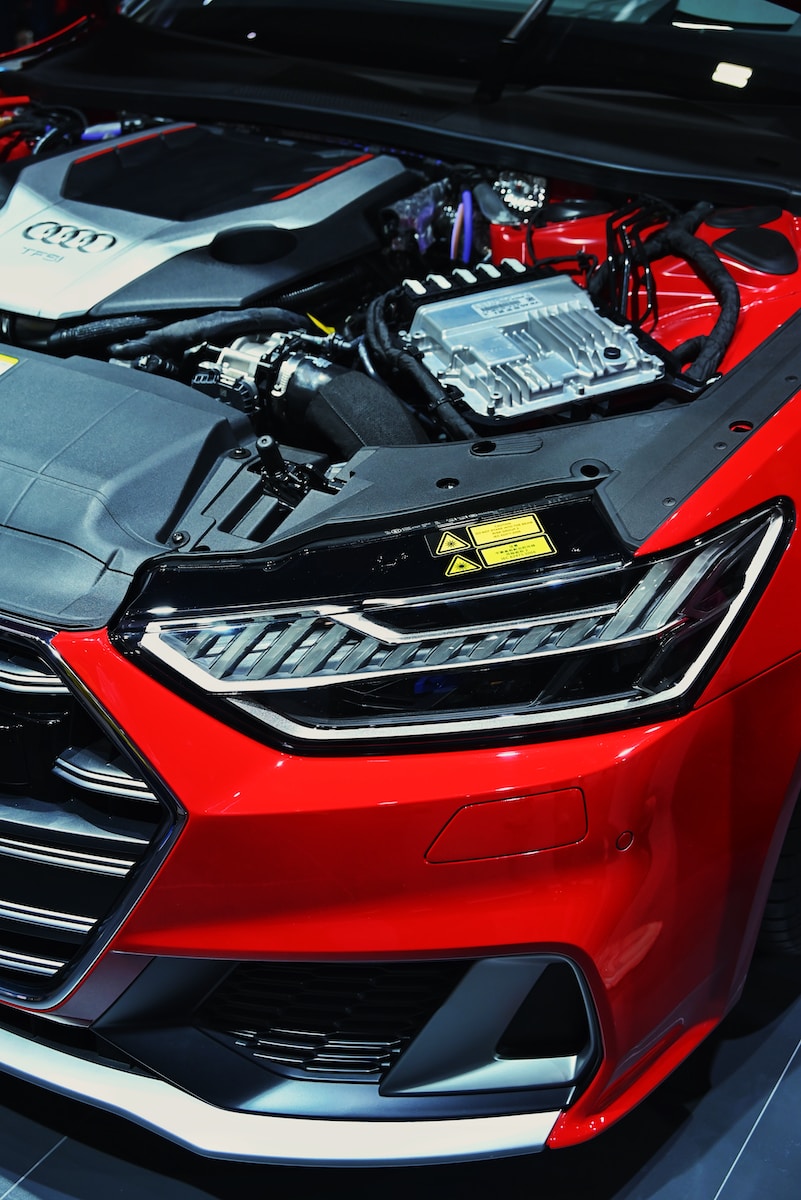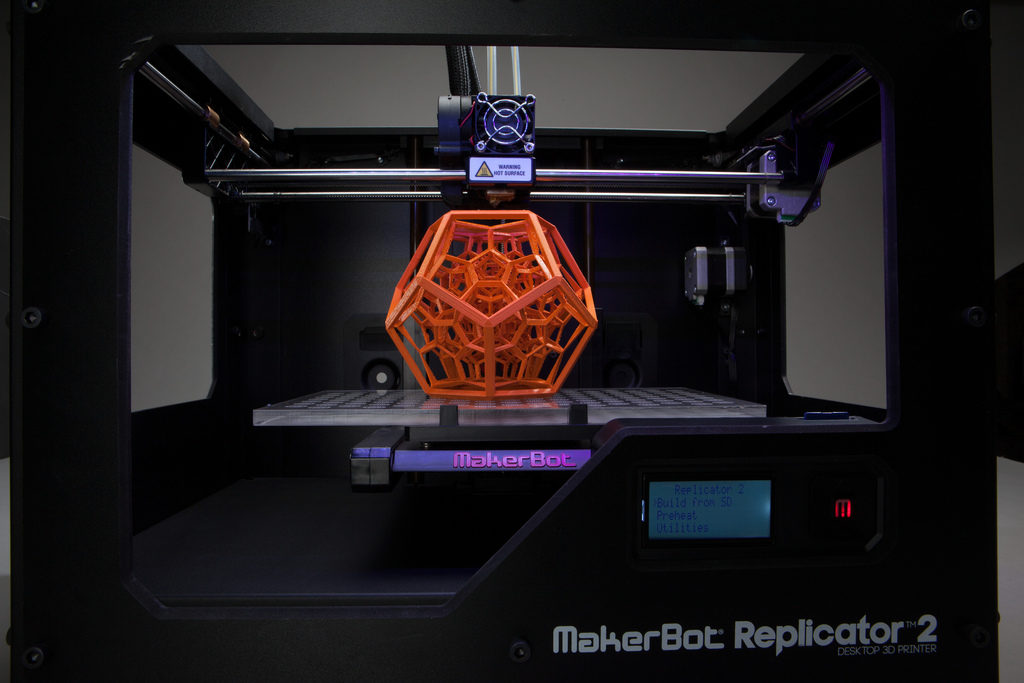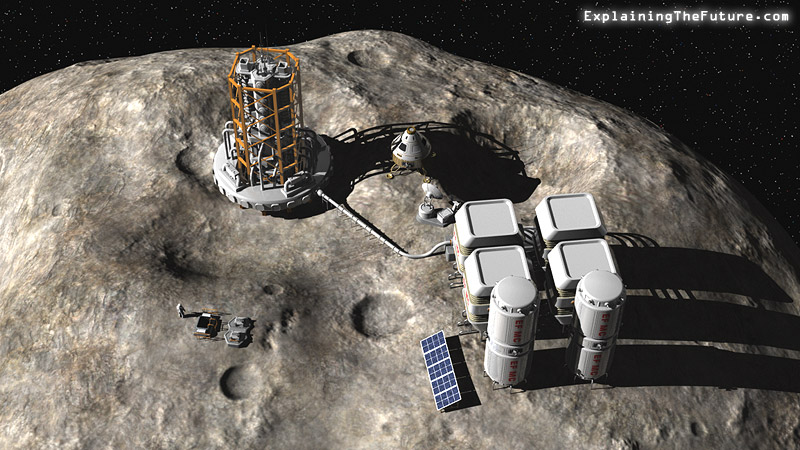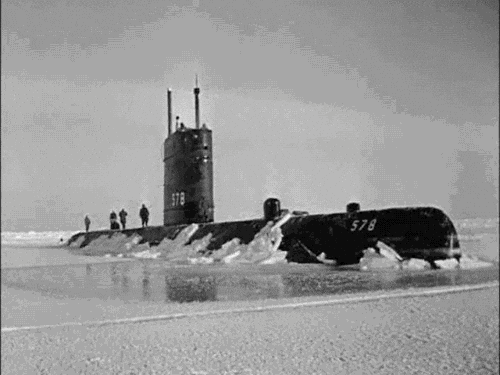The first engine was invented in 1806 by François Isaac de Rivaz. It was hydrogen powered and went about 5 miles per hour. The next year in 1807, Nicéphore Niépce and his brother Claude Niepce created the first piston, internal combustion engine. It was a two stroke engine that was used to power a boat upstream. After that every engine on 70 years later the first four stroke engine was made. In 1876 Nikolaus Otto created the four stroke engine which could go about 10 miles per hour. However the first prototype of a four stroke engine was created in 1862. Then in 1886 the first internal combustion engine was put into a car by Karl Benz. However this was not the first car ever made as from 1832 to 1886 most “cars” were electric cars, but these “cars” were just considered motorized carriages. Then in 1894 the first motor sport race started. It was a 50 mile durability test with an average speed of 10.2 miles an hour.
After the first internal combustion engine was put into a car the advancement of the engine progressed at a snail’s pace, Until 1902 when the eight stroke engine was created (V8). It was patented by Lèon Levasseur. In 1904 he put this engine and many boats. It wasn’t until 1914 when the v8 was put into a car by cadillac. It had about 70 horsepower which would go about 40 miles per hour. Then in 1903 the first six stroke engine was made. The first six stroke engine had about 60 hp which is roughly 35 mph. The six stroke engine was created by the company Spyker. The next innovation of the engine was the 12 stroke engine which was created in 1904 for racing boats. Then in 1913 the first recorded sighting of a 12 stroke engine in a car was when a custom built car built for racing had a 12 cylinder in it. The 12 cylinder engine was made by Putney Motor Works. The next evolution was when BMW and Audi made the 10 stroke engine in 1965. The 10 stroke engine goes about 0-60 in about 2-2.7 seconds which is extremely fast. The last innovation of the engine is the 14 stroke engine which was developed by Wärtsilä in 2006. The 14 stroke engine is the most powerful engine in the world.
In conclusion the engine has evolved from slow to extremely powerful and fast. The piston engine is an engine that is constantly being developed and changed. There are engines that I didn’t even discuss or talk about. Like the rotational engine that doesn’t even have a piston. As well as so many people developed different engines that all backed on one another. All these innovations kept the world moving faster and faster and making everyday errands easier and more enjoyable.
RELATED TOPICS
How the first engine was created
How the first internal combustion engine was made
History of the invention of cars
The first internal combustion engine put into cars
https://patents.google.com/patent/US20110017170A1/en
https://www.zeroto60times.com/10-cylinder-cars-0-60-mph-times/
TAKE ACTION
- DC Auto show where you can find many different types of cars and engines.
- Wood Brothers racing museum where you can find the history of stock car racing
- The National Museum of Transportation








